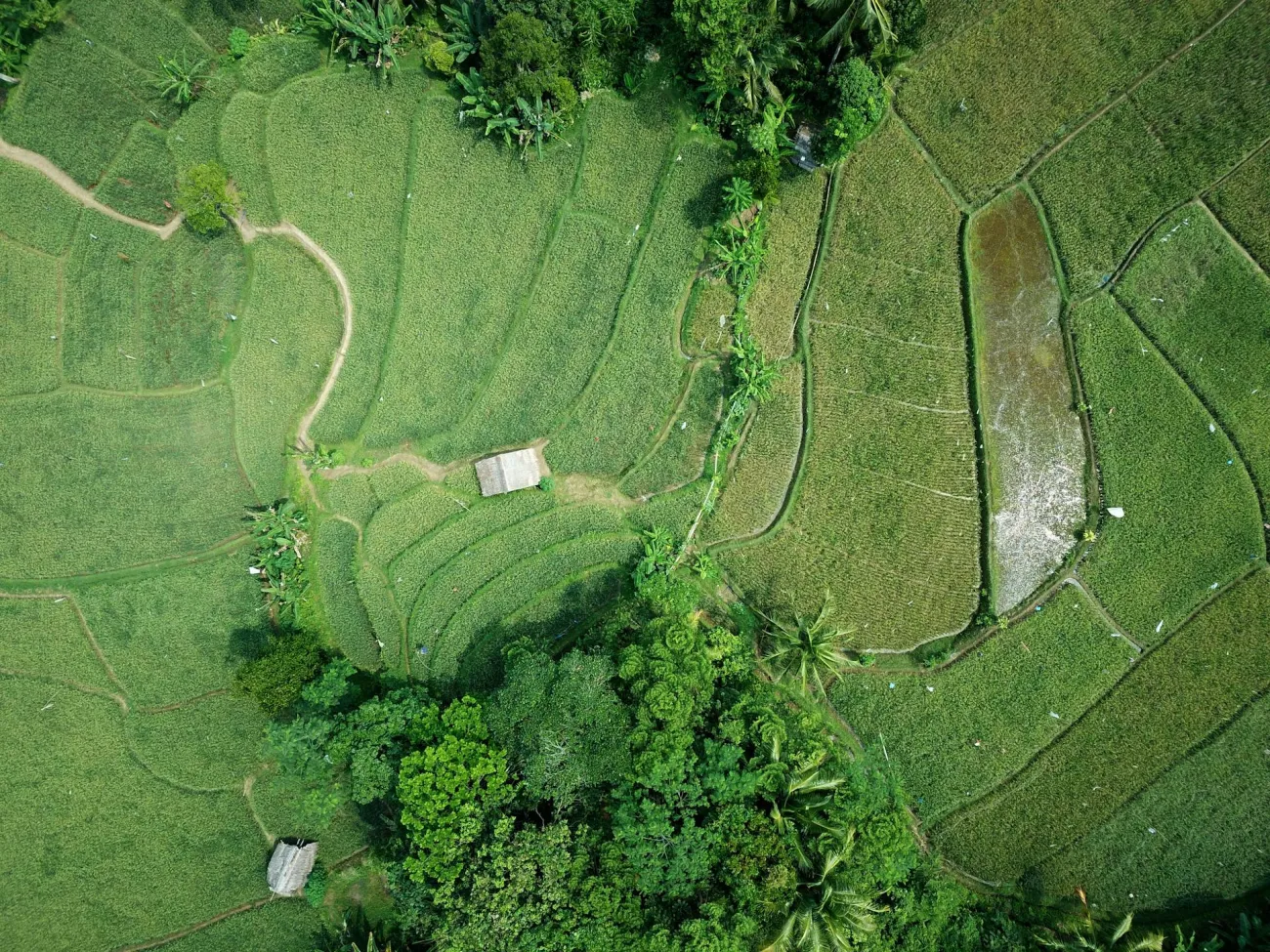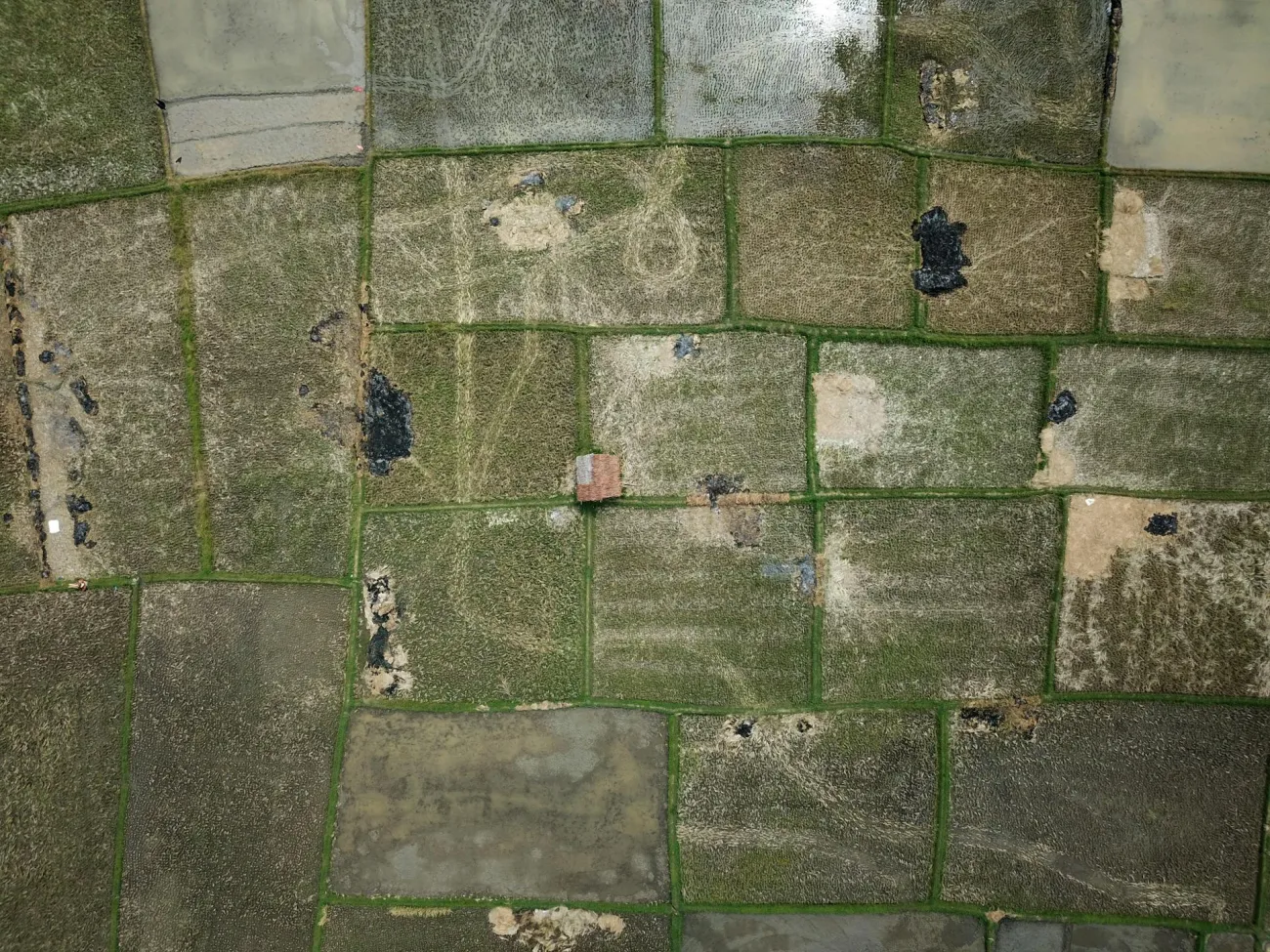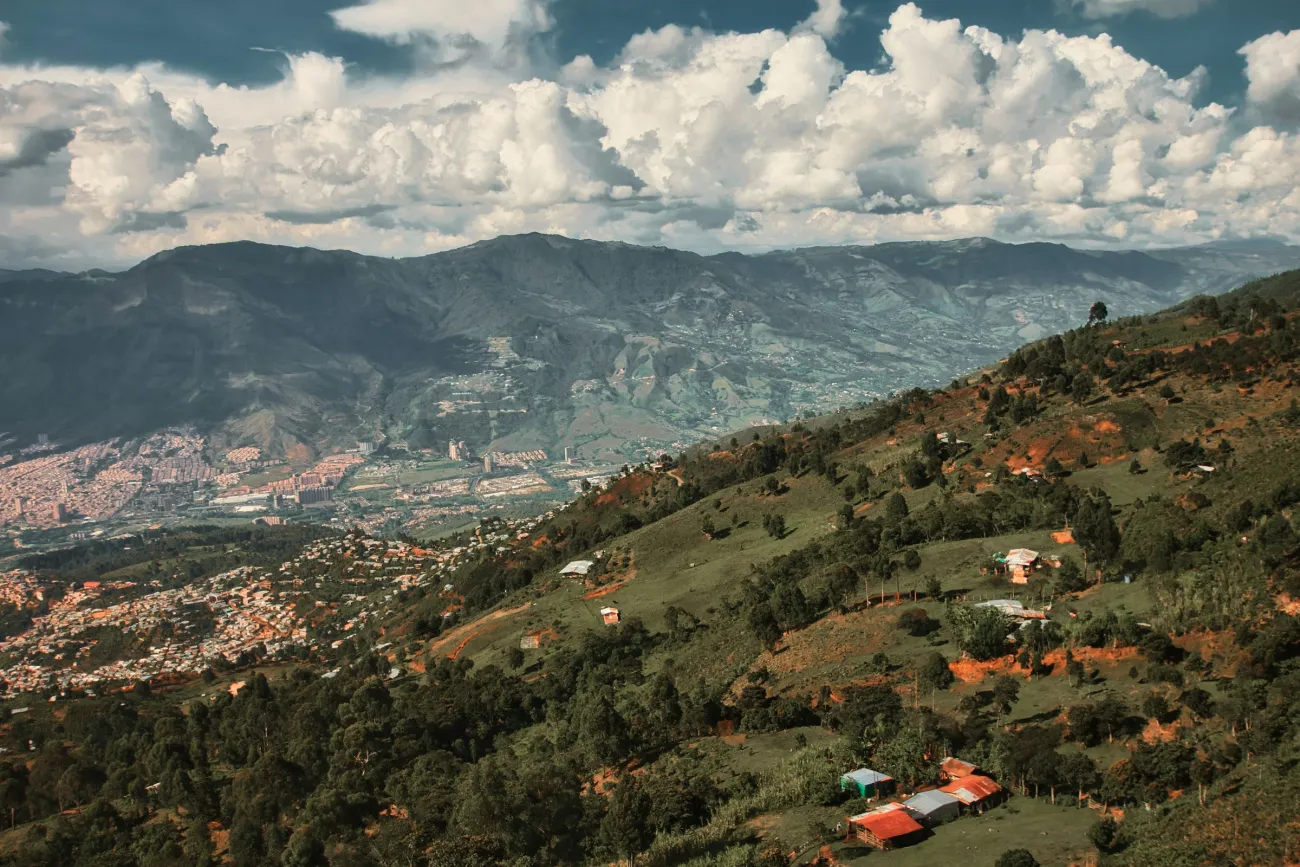Episode summary
In our discussion with Klara Fischer (associate professor in rural development at Swedish University of Agricultural Sciences), we discuss how different smallholders in sub-Saharan Africa adopt and adapt different technologies, why new crop technologies are not scale-neutral, lessons to be learned from the Asian green revolution, and why it's important to work in interdisciplinary teams and be aware of the boundaries of our own knowledge.
About Klara Fischer
Klara Fischer is an associate professor in rural development at the Swedish University of Agricultural Sciences. Her research interests concern how ideas and practices regarding today's sustainability challenges in food production and natural resource management are negotiated and turned into practice, and in particular how marginalised groups are affected.
Klara is particularly interested in how discourses on agricultural development and technology use are constructed, supported and turned into practice, and to scrutinise these in the light of farmers’ perspectives and everyday challenges. In the case of crop technologies promoted to smallholders as a way to improve their farming and reduce poverty, Klara argues that it is too frequently the case that a technology is decided on as the appropriate solution for a problem that smallholders have not been allowed to take part in framing. Policy makers and scientists spend too little time on figuring out what in fact the problem is that needs to be solved, from farmers’ perspectives. This is a key reason that so much technology transfer fails. Taking a bottom up approach in her research, aiming to understand problems from farmers’ perspectives and their everyday challenges, Klara wants to understand how different technologies are promoted, and received by farmers and how technology is shaped by its interaction with a range of societal and environmental factors across scale.
In another related strand of Klara’s research, she works with veterinary researchers studying smallholders’ perceptions and practices in relation to livestock health and disease and the interaction between local and formal knowledge in veterinary medicine and animal health. The methodology of participatory epidemiology has been crucial to understanding how smallholders prioritise and deal with livestock disease, and also for disease surveillance and eradication (e.g. the eradication of rinderpest in Africa is attributed to such participatory efforts). Engaging with the social science critique and the development of participatory methods in recent years, Klara has suggested methods for taking the heterogeneity of smallholder communities more effectively into account and for ensuring that veterinary research and interventions reach and are adapted to meet the needs the most marginalised groups.
Background reading and resources
Klara Fischer's articles
“Can we agree on that”? Plurality, power and language in participatory research (Fischer, Shulz & Chenais, 2020)
Why new crop technology is not scale-neutral – A critique of the expectations for a crop-based African Green Revolution (Fisher, 2016)
Does raising maize yields lead to poverty reduction? A case study of the Massive Food Production Programme in South Africa (Fischer & Hajdu, 2015)
Is Bt maize effective in improving South African smallholder agriculture? (Fischer, van den Berg & Mutengwa, 2015)
Other Feed podcast episodes on smallholders
Ep10: Vincent Ricciardi on Challenging Assumptions



Comments (0)